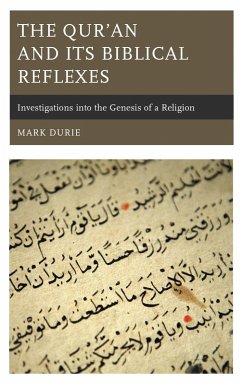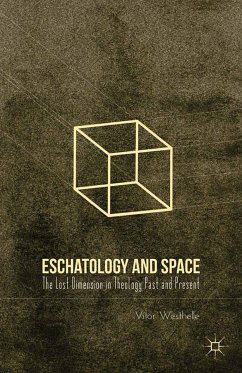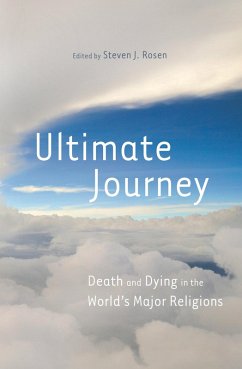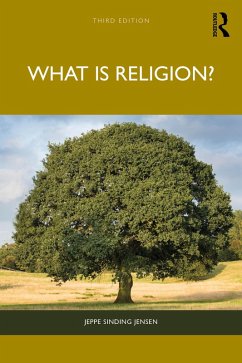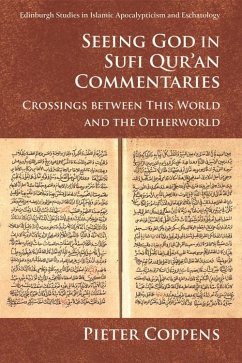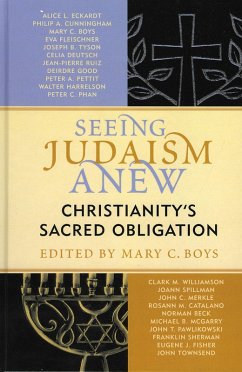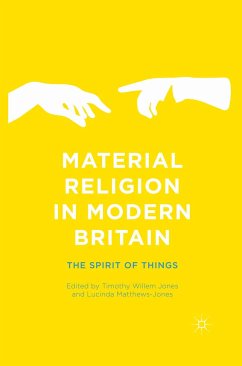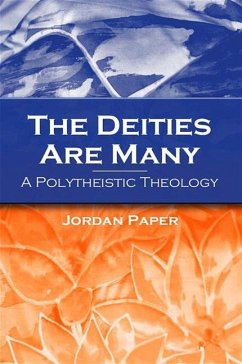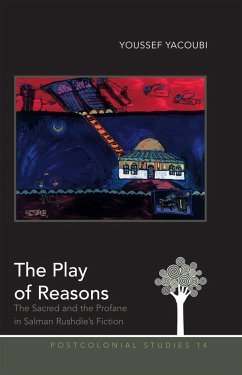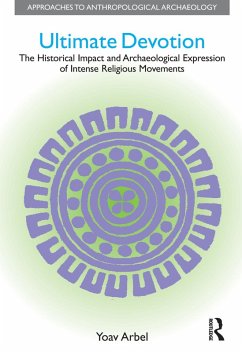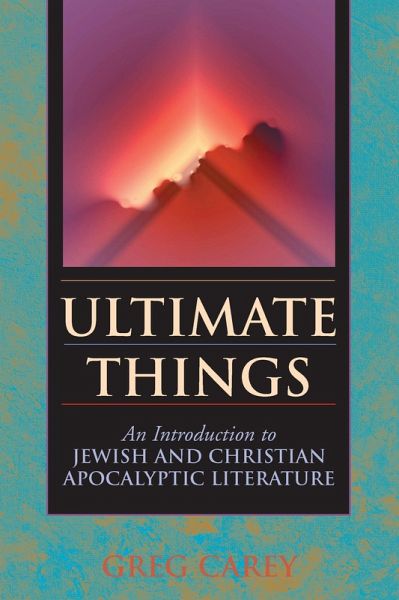
Ultimate Things (eBook, PDF)
Versandkostenfrei!
Sofort per Download lieferbar
22,95 €
inkl. MwSt.
Weitere Ausgaben:

PAYBACK Punkte
11 °P sammeln!
Carey presents an introduction to the elements of apocalyptic discourse in the Hebrew Bible, the intertestamental texts of the Apocrypha and Pseudepigrapha, and the Jewish and Christian apocalyptic texts. He seeks to help modern readers perplexed by the rampant and somewhat outrageous depiction and interpretation of apocalyptic literature to see apocalyptic discourse as a flexible set of resources that early Jews and Christians could employ for a variety of persuasive tasks. Carey examines each of the literary works that exhibit apocalyptic discourse. He briefly introduces the date and languag...
Carey presents an introduction to the elements of apocalyptic discourse in the Hebrew Bible, the intertestamental texts of the Apocrypha and Pseudepigrapha, and the Jewish and Christian apocalyptic texts. He seeks to help modern readers perplexed by the rampant and somewhat outrageous depiction and interpretation of apocalyptic literature to see apocalyptic discourse as a flexible set of resources that early Jews and Christians could employ for a variety of persuasive tasks. Carey examines each of the literary works that exhibit apocalyptic discourse. He briefly introduces the date and language of each text and shows its basic contents. Then he examines the particular topics and purposes of the work. Carey concludes by showing a way to read the particular example of apocalyptic discourse as a whole in its own setting with its own purposes. Carey invokes discourse as a category of study in an attempt to bring together the literary, ideological, and social dimensions of apocalyptic language. He sees the genius of apocalyptic discourse in its ability to bring its audience into otherwise inaccessible mysteries concerning the future and the heavenly realms. As theology, apocalyptic discourse engages life's greatest questions-the nature of God, the desire for justice, and the frustrations of human finitude. As poetry, it expresses the theological imagination in vivid symbols and conventional literary forms.
Dieser Download kann aus rechtlichen Gründen nur mit Rechnungsadresse in A, B, BG, CY, CZ, D, DK, EW, E, FIN, F, GR, HR, H, IRL, I, LT, L, LR, M, NL, PL, P, R, S, SLO, SK ausgeliefert werden.




